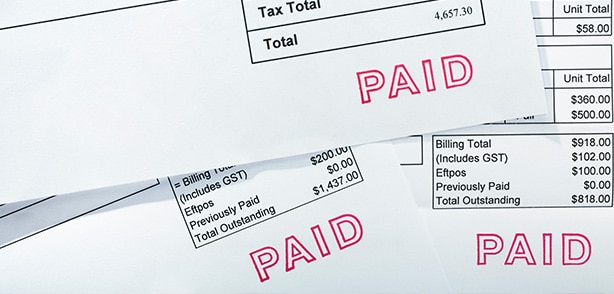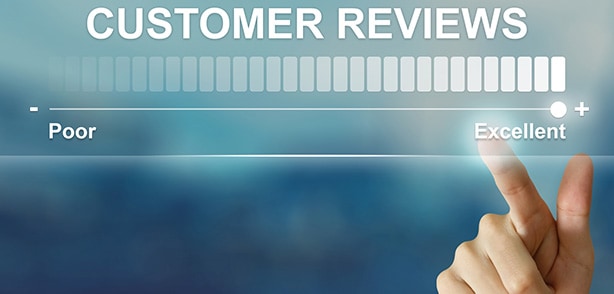How to Write Off Unpaid Invoices and Protect Your Finances

Dealing with unpaid invoices is an unfortunate, but sometimes inevitable, part of being a small business owner. Although the experience can be stressful, it’s still vital that you know how to collect unpaid invoices.
After all, unpaid invoices can wreak havoc on your business finances. Having outstanding unpaid invoice means you’re not getting paid for the products or services you provided. If your business isn’t paid for goods or services provided, you’ll likely experience cash flow problems. Without this capital, you can’t make investments in a timely manner that will keep the business growing.
Therefore, having lots of unpaid invoices on your books means that you may be paying tax on income that you haven’t received. Again, that’s money that could be reinvested in new or updated equipment, inventory, and other expenses.
Of course, you should work on creating a payment plan that minimizes unpaid customer invoices. However, sometimes it’s hard to avoid, so you’ll need to know how to write off unpaid professional invoices. Before we outline that process, though, we’ll help you determine whether you’re eligible to write off an invoice.
4 Steps to Take When Writing Off Unpaid Invoices
1. Determine If Your Invoices Can Be Written Off
If you use cash-method accounting, you generally can’t write off unpaid invoices because when you use the cash method of accounting, you only count revenue when you receive it. With an unpaid invoice, you never receive revenue, so you have no revenue from which to write off the unpaid invoice.
With accrual based accounting, on the other hand, you would have counted income when you earned it. However, once you determine that you’re not getting paid for that invoice, you need to write it off as a bad debt expense.
2. Qualify Your Unpaid Invoices as Bad Business Debt
How you write off unpaid customer invoices will vary based on your tax status. However, before writing off your invoice, you must ensure that the unpaid invoice qualifies as “bad business debt.”
An overdue invoice isn’t automatically a bad business debt. In fact, you must be able to prove the following:
The unpaid invoice is worthless
It's related to your small business
You've suffered an economic loss
3. Assemble the Proof
The IRS is very strict about writing off bad debt, so you should ensure that you have a strong basis from which to claim that your unpaid invoices are eligible to be written off.
To prove that the invoice is worthless, you’ll need documentation that your customer went bankrupt, died, or otherwise won’t pay you. You should also keep track of your efforts, including emails and letters, to collect the outstanding invoice.
In addition, be sure to provide the following information:
The invoice number
The invoice’s due date
How overdue the invoice is at this time
In some cases, it may be smart to hire a debt collection agency to collect outstanding customer payments. Although you'll need to spend money in order to hire a debt collector, you may find that customers are more likely to pay their invoices after hearing from a collections agency.
Proving that you suffered an economic loss is straightforward if you used the accrual basis for accounting. Still, you should have documentation of the business income you reported that has become the bad debt you’re claiming.
Finally, to prove your unpaid invoice is a business debt, your client must have had a legal obligation to pay you. Any contract documents that you have with your client should be sufficient as proof of a legal obligation.
4. Write Off the Bad Debt
Once you’ve determined that an unpaid invoice is worthless, you can write it off on your taxes. If an unpaid invoice from a previous year becomes worthless, you’ll have to file an amended tax return.
Conclusion: Determine How to Get Your Customers to Pay Or Write Off Their Invoices
If you use the cash-based method of accounting, it may feel as though you’re getting short changed. In reality, no one wins when unpaid invoices become worthless. If you’re eligible to write off the unpaid invoice, it’s because you would’ve had to pay taxes on income that didn’t exist.
Hopefully, you can avoid unpaid invoices altogether. However, if you face this issue, you can rest assured that you’re prepared to handle it!
Editor’s Note: This post was updated for accuracy and comprehensiveness in March 2022.
Since 2008, Fora Financial has distributed $4 billion to 55,000 businesses. Click here or call (877) 419-3568 for more information on how Fora Financial's working capital solutions can help your business thrive.






